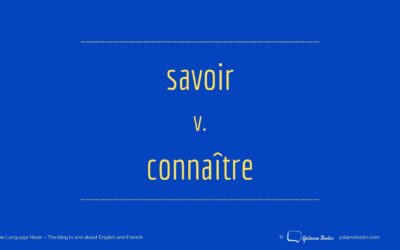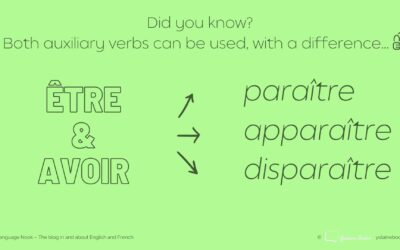The French word chose is a feminine noun: une chose (a thing).
It may thus seem logical to think the set phrases quelque chose and autre chose are feminine, too.
That’s forgetting only too quickly that the French language is full of surprises – of course, I’m talking about exceptions, but “surprises” sounds nicer, doesn’t it?
Quelque chose (something) and autre chose (something else) are written in two separate words but considered as one-word indefinite, neuter phrases. In French, masculine is the gender that expresses neuter. This means that all the words used with either phrase need to be masculine.
Compare the following sentences:
- C’est une chose très intéressante → here, une chose is used on its own as as noun, the adjective must be feminine, too : intéressante
- J’ai entendu autre chose de très intéressant → here, autre chose is a set phrase, therefore we need the masculine adjective: intéressant
- Cette chose est belle ! → here, chose is a noun, therefore it is feminine and the adjective agrees with it and is feminine, too : belle
- J’ai vu quelque chose de vraiment beau → here, quelque chose is a set phrase, therefore we need the masculine adjective: beau
- Il y a une chose que j’ai vue (feminine agreement with the noun chose), mais il y a autre chose que je n’ai pas vu (masculine agreement with the set phrase autre chose).
Careful! Quelque chose can also be used as a noun. When used as a noun, it is masculine and it is often used with the adjective petit, as in this example:
- Il y a un petit quelque chose qui le gêne. (A little something is bothering him)
There you are! You now know how to agree words used with quelque chose and autre chose. Congratulations! 🙂





Oh very interesting Yolaine and clear ! Thanks so much.
Thank you very much for this comment Ellen! 🙂